IDSG Returns… and Jack Is Now a Comic Book Character
Hello folks, just updating you on some new developments.
IDSG is back. Today, Daniel and I publish our first new episode for quite a while. It’s a backer-only Patreon bonus episode – but hey, we both only charge a single measly dollar a month for full access! – in which we test our new recording set-ups, chat about our hiatus, our ideas for the future, and… um… the Crying Nazi’s dick. Here’s the link to my version. It’s also up on Daniel’s Patreon. Here’s the free 10 minute trailer.
We fully intend and hope to be back to regularly producing new, public IDSG episodes this month. (Yesss!!!)
To whet the appetites of the listening many, I have publicly released an old bonus episode of ours, from back in October 2021, in which Daniel and I talked about a really bad Batman vs. Joker movie Christopher Nolan made (before he started making really bad movies about Robert Oppenheimer).
I also have a public bonus episode in the works, forthcoming very soon, in which I talk to Rowan Fortune and Twilight O’Hara about Trans Rights and socialist politics with reference to their brilliant article A Trans* Guide to Cis Solidarity: Beyond Oppression. Look out for that.
Daniel’s Patreon and My Patreon.
On the subject of me, I am proud and honoured to be a contributor and character (!) in the brilliant and important new non-fiction graphic novel Who’s Afraid of Degrowth? by Céline Keller. It’s an accessible but deep tour of the subject of radical degrowth theory and the various ways it is misunderstood or mischaracterised. It’s a crowdfunded project, and is well worth sending some love. Give enough and you will be sent a paperback copy but, since the crowdfund met its minimum goal fewer than ten hours after it was announced!, Céline has made the digital copy free to all!



I’m in the book, fully illustrated, in cartoon character form, talking about Caleb Maupin, debunking his Stalinist/conspiratorial dismissal of degrowth theory as ‘Malthusian’ and inherently anti-Marxist. I cover his NazBol politics and his influences, including Lyndon Larouche and Alexsandr Dugin, etc. I’m on four pages, much to my surprise, as Céline decided to use most of the material I sent instead of editing me down as I expected.
And on the subject of my writing, I am actively working on future essays along the same lines as my recent ones about In The Mouth of Madness. Gothic-Marxism, Ghost Stories, Horror movies. You know me.
Thanks for your continued support.…


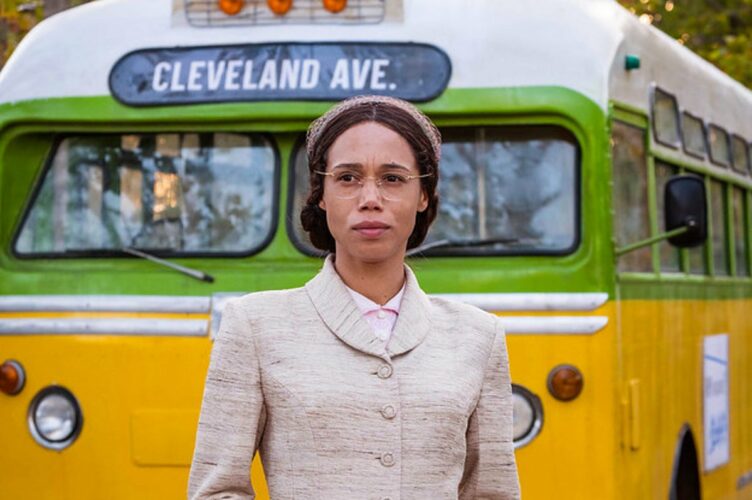
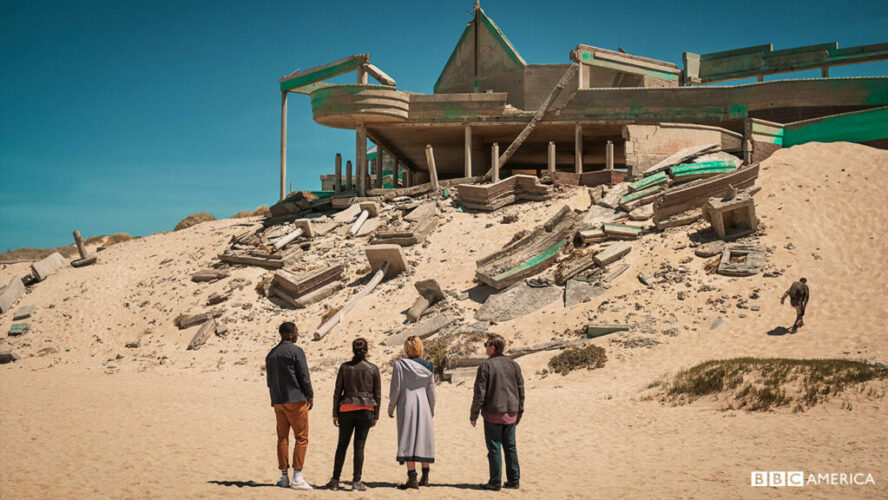

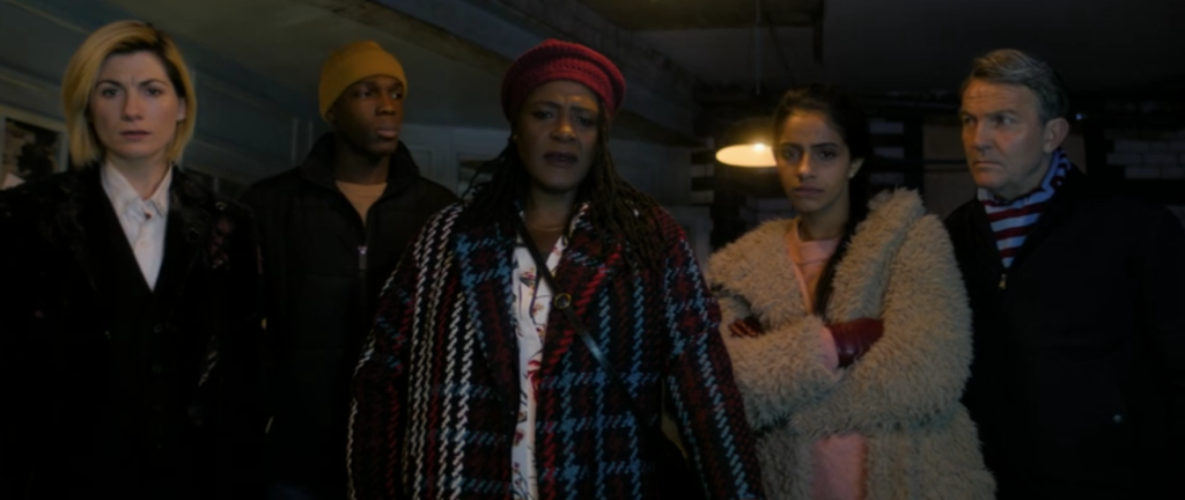
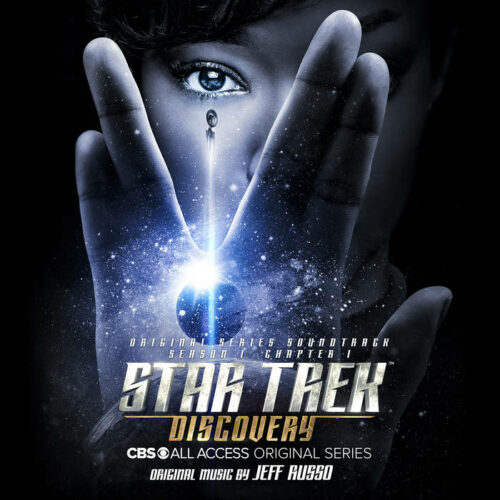
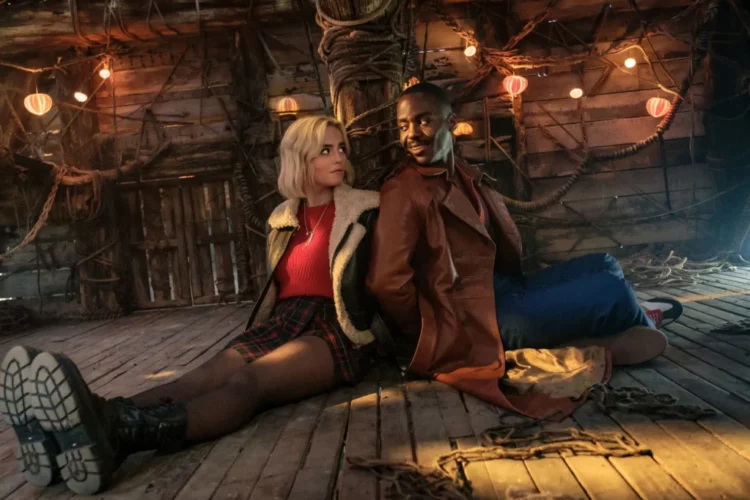
 In the graphic novel
In the graphic novel 